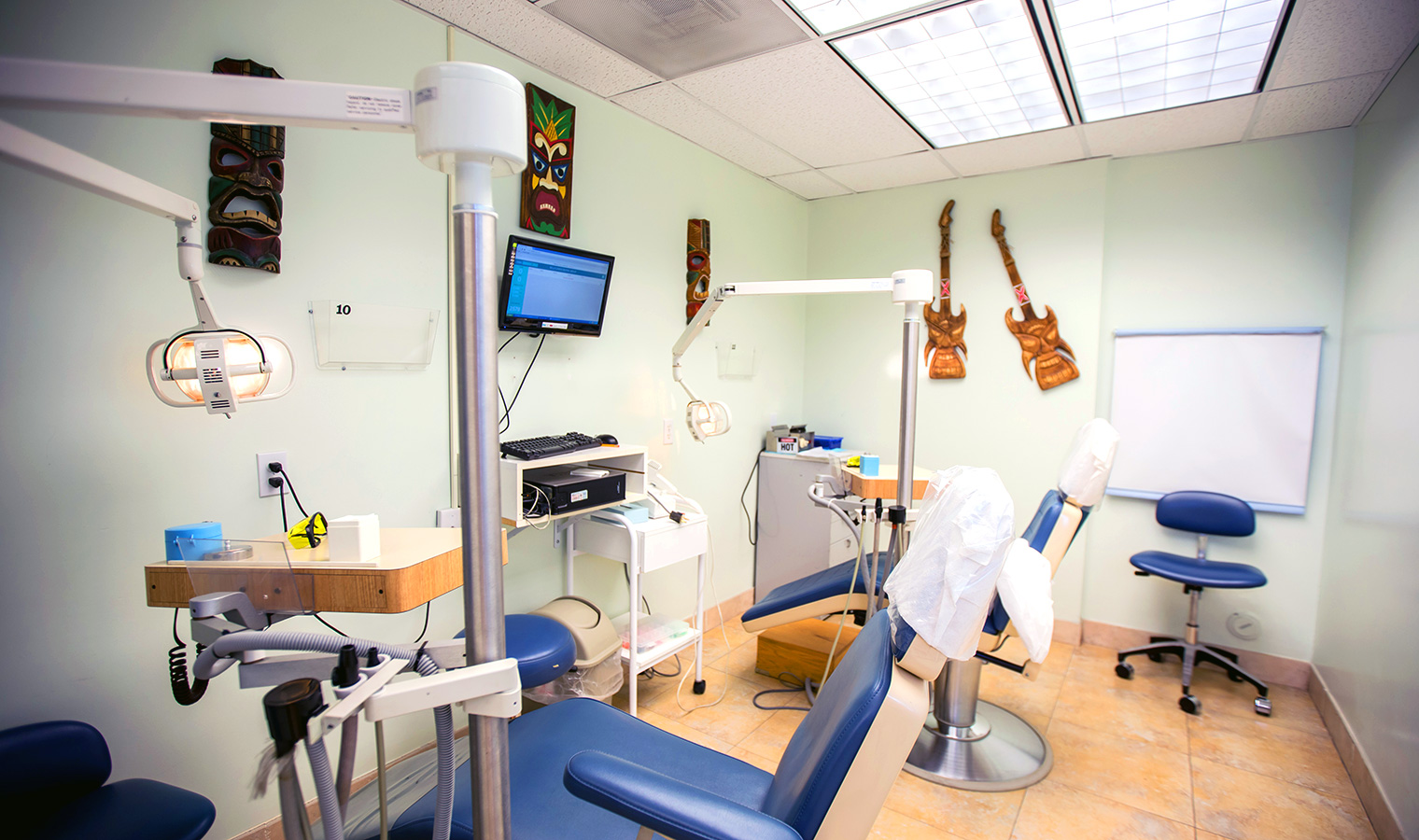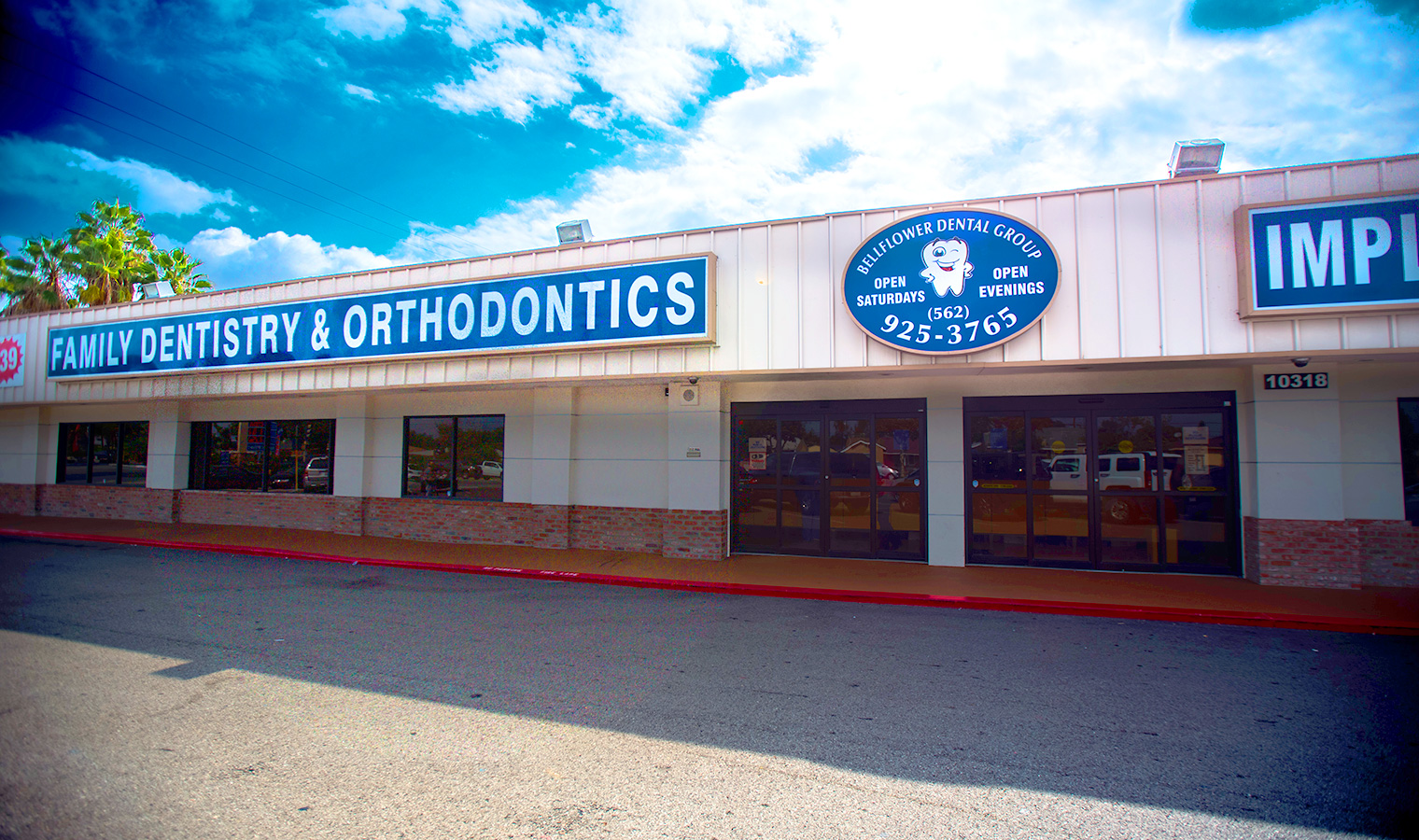Dentures are an excellent option for those who have lost their teeth due to various reasons, including decay, gum disease, or injury. They are artificial teeth that are made to fit in the mouth and help restore the natural look and function of the teeth. In this blog post, we will explore the different types of dentures and help you choose the right one for your needs.
What Are The Most Realistic Dentures?
When it comes to dentures, there are two types that are the most realistic: porcelain dentures and composite resin dentures.
Porcelain dentures are made from a high-quality ceramic material that closely mimics the look and feel of natural teeth. They are durable, long-lasting, and can withstand normal wear and tear. Additionally, they are stain-resistant and do not discolor over time. The downside of porcelain dentures is that they can be quite expensive and require specialized care.
Composite resin dentures, on the other hand, are made from a combination of plastic and glass particles. They are a more affordable option and can be easily repaired if damaged. Although they are not as durable as porcelain dentures, they are still a popular option due to their natural-looking appearance.
Are Flexible Dentures Good?
Flexible dentures are a popular alternative to traditional dentures. They are made from a flexible, lightweight material that is less likely to break or fracture than traditional dentures. Additionally, they are comfortable to wear and do not require any adhesives to keep them in place.
The downside of flexible dentures is that they are not as durable as traditional dentures and may need to be replaced more frequently. Additionally, they may not be suitable for individuals with severe tooth loss or other oral health issues.
How Are Dentures Fitted?
The process of getting dentures usually involves several appointments with a dentist or prosthodontist. Here is a general overview of how dentures are fitted:
Initial Consultation: The first step is to schedule an initial consultation with a dentist or prosthodontist to discuss the need for dentures. During this appointment, the dentist will evaluate the patient’s oral health and determine whether dentures are the best treatment option. They will also take impressions and measurements of the patient’s mouth to ensure a custom fit.
Preparing the Mouth: If the patient still has teeth that need to be extracted, the dentist will schedule another appointment for tooth removal. The gums will then need time to heal before the denture fitting process can begin.
Creating a Wax Model: Once the mouth has healed, the dentist will take another set of impressions and measurements. A wax model of the dentures will then be created to ensure a proper fit and alignment.
Fitting the Dentures: The wax model will be used to create a temporary set of dentures that the patient will wear to ensure a proper fit and make any necessary adjustments. This is usually done over several appointments to ensure the best possible fit. Once the patient and dentist are satisfied with the fit, the final dentures will be created.
Final Fitting: During the final fitting, the dentist will ensure that the dentures fit properly and are comfortable to wear. They will also provide instructions on how to care for the dentures properly and ensure the patient is comfortable with the new dentures.
Overall, the process of getting dentures can take several weeks or even months, depending on the patient’s individual needs. However, the end result is a set of custom-fitted dentures that restore the patient’s smile and improve their quality of life. It’s essential to work with an experienced and qualified dentist or prosthodontist to ensure the best possible outcome.
What’s The Difference Between Immediate Dentures And Permanent Dentures?
Immediate dentures are designed to be worn right after tooth extraction. They are typically made in advance and can be inserted as soon as the teeth are removed. The advantage of immediate dentures is that they can help with the healing process and prevent the patient from having to go without teeth.
Permanent dentures, on the other hand, are made to be worn long-term. They are typically made after the gums have healed and are ready for the dentures to be fitted. Permanent dentures are typically more comfortable and better fitting than immediate dentures since they are custom-made to fit the patient’s mouth precisely.
Additionally, permanent dentures are typically made from higher-quality materials and are more durable than immediate dentures. However, the process of getting permanent dentures may take longer than getting immediate dentures since the patient may need to wait for their gums to heal.
How Should I Look After My Dentures?
Looking after your dentures is an important part of maintaining good oral health and ensuring that they last for as long as possible. Here are some tips on how to care for your dentures:
Clean Your Dentures Daily: Just like natural teeth, dentures need to be cleaned daily to remove food particles, plaque, and bacteria. Use a soft-bristled toothbrush or denture brush to clean your dentures with a denture cleaner or mild soap and water. Avoid using toothpaste, as it can be abrasive and cause scratches on your dentures.
Soak Your Dentures Overnight: Soaking your dentures in a denture solution or water overnight can help to remove any stubborn stains or bacteria. Be sure to rinse your dentures thoroughly before wearing them again.
Handle Your Dentures With Care: Dentures can be fragile, so be sure to handle them with care. Avoid dropping them, and always clean them over a soft surface or towel to prevent damage.
Keep Your Mouth Clean: Even with dentures, it’s important to keep your mouth clean to prevent gum disease and other oral health problems. Brush your gums, tongue, and palate with a soft-bristled toothbrush before inserting your dentures and after removing them.
Visit Your Dentist Regularly: Regular dental check-ups are important for ensuring that your dentures fit properly and your mouth remains healthy. Your dentist can also check for any signs of wear or damage and provide advice on how to care for your dentures.
Avoid Certain Foods: Some foods, such as hard or sticky candies, can be difficult to chew with dentures and may cause them to break or become dislodged. It’s also best to avoid foods and drinks that may stain your dentures, such as coffee, tea, and red wine.
Store Your Dentures Properly: When not in use, store your dentures in a clean, dry place. Avoid exposing them to extreme temperatures or leaving them in direct sunlight, as this can cause warping or discoloration.
By following these tips and taking proper care of your dentures, you can help ensure that they remain in good condition and provide you with a comfortable and functional smile.
























